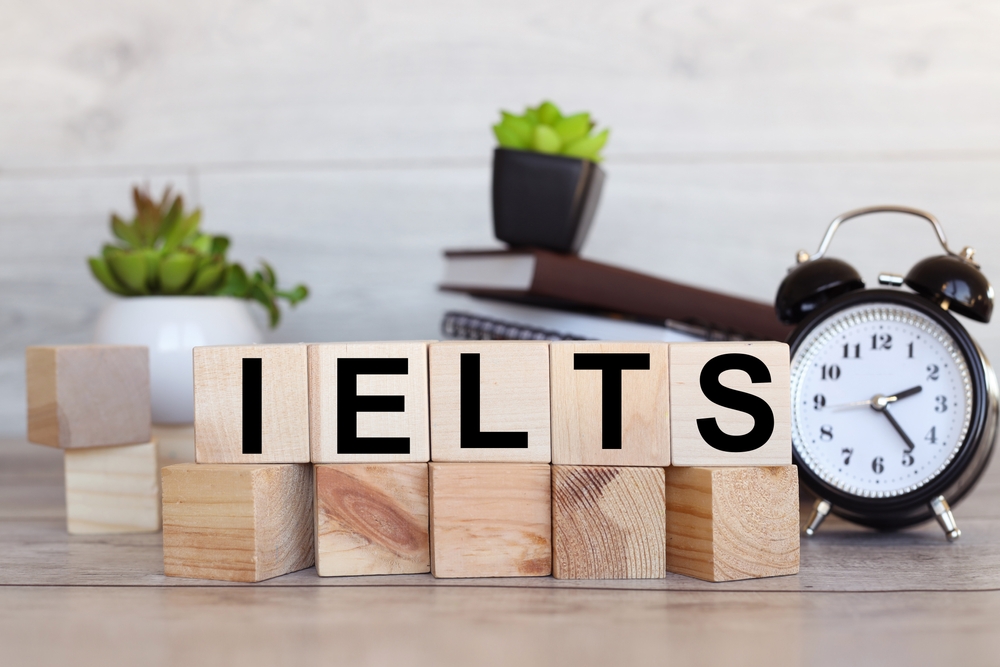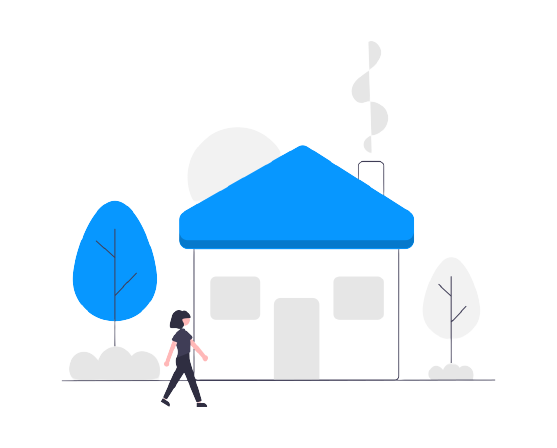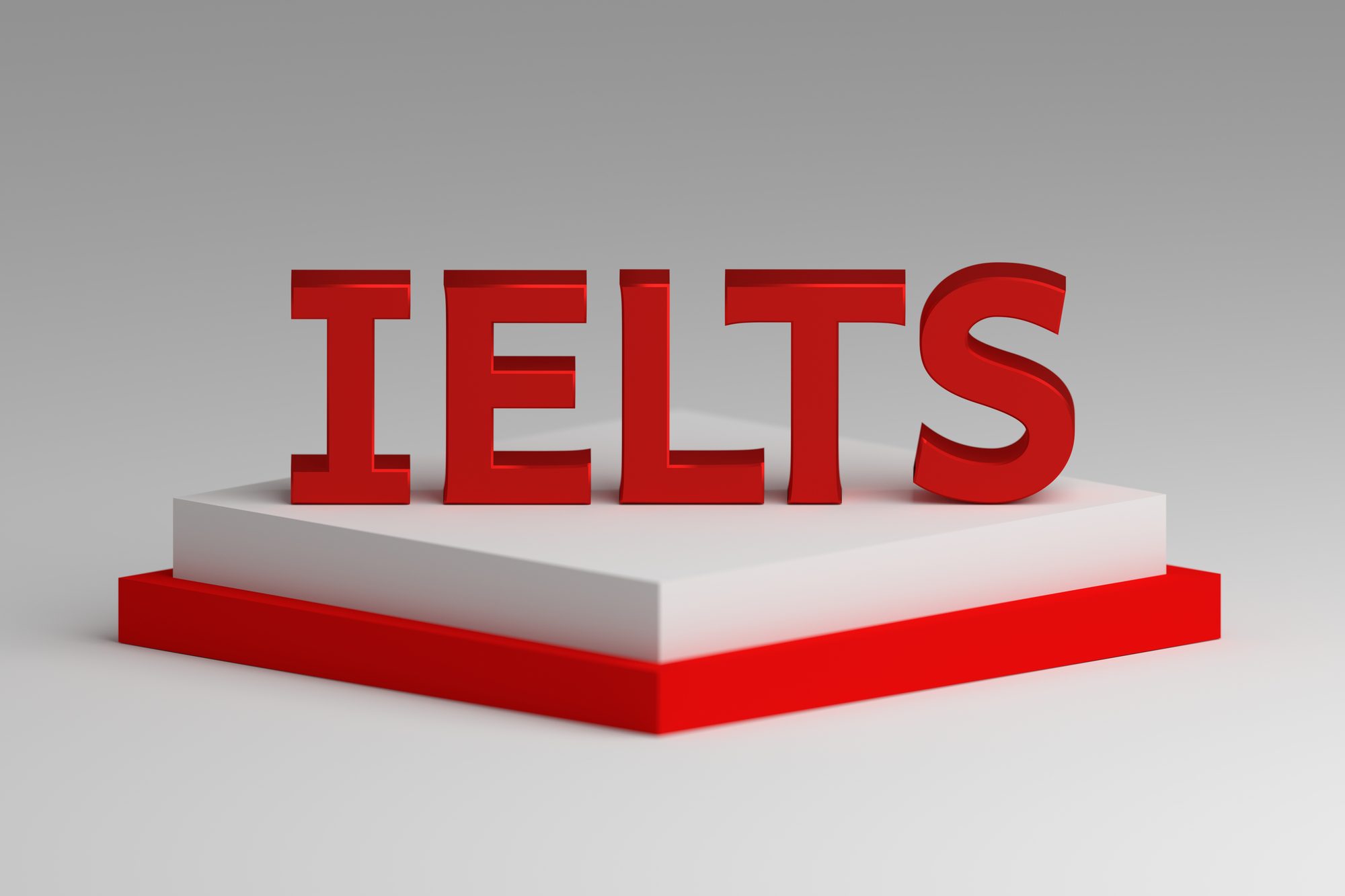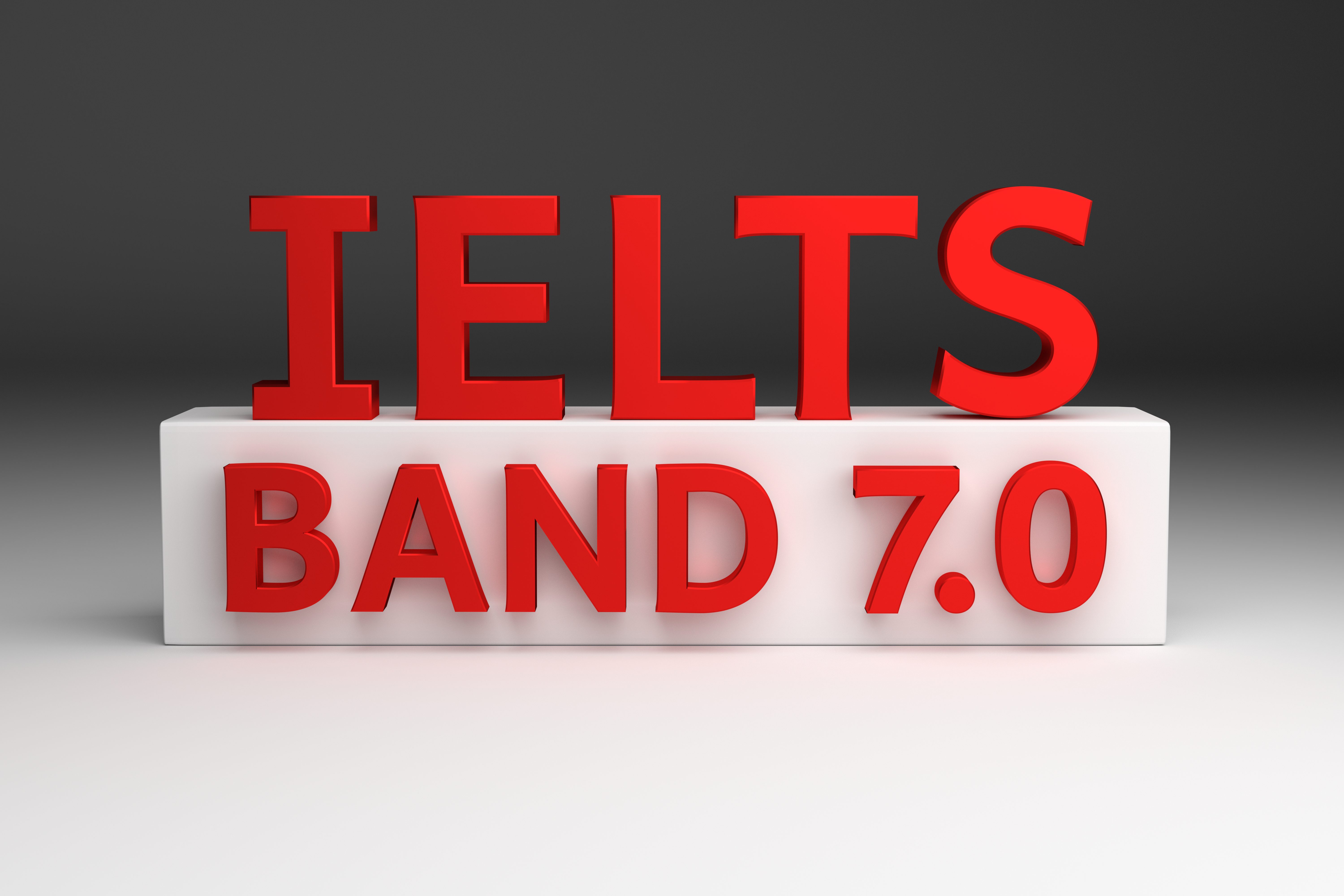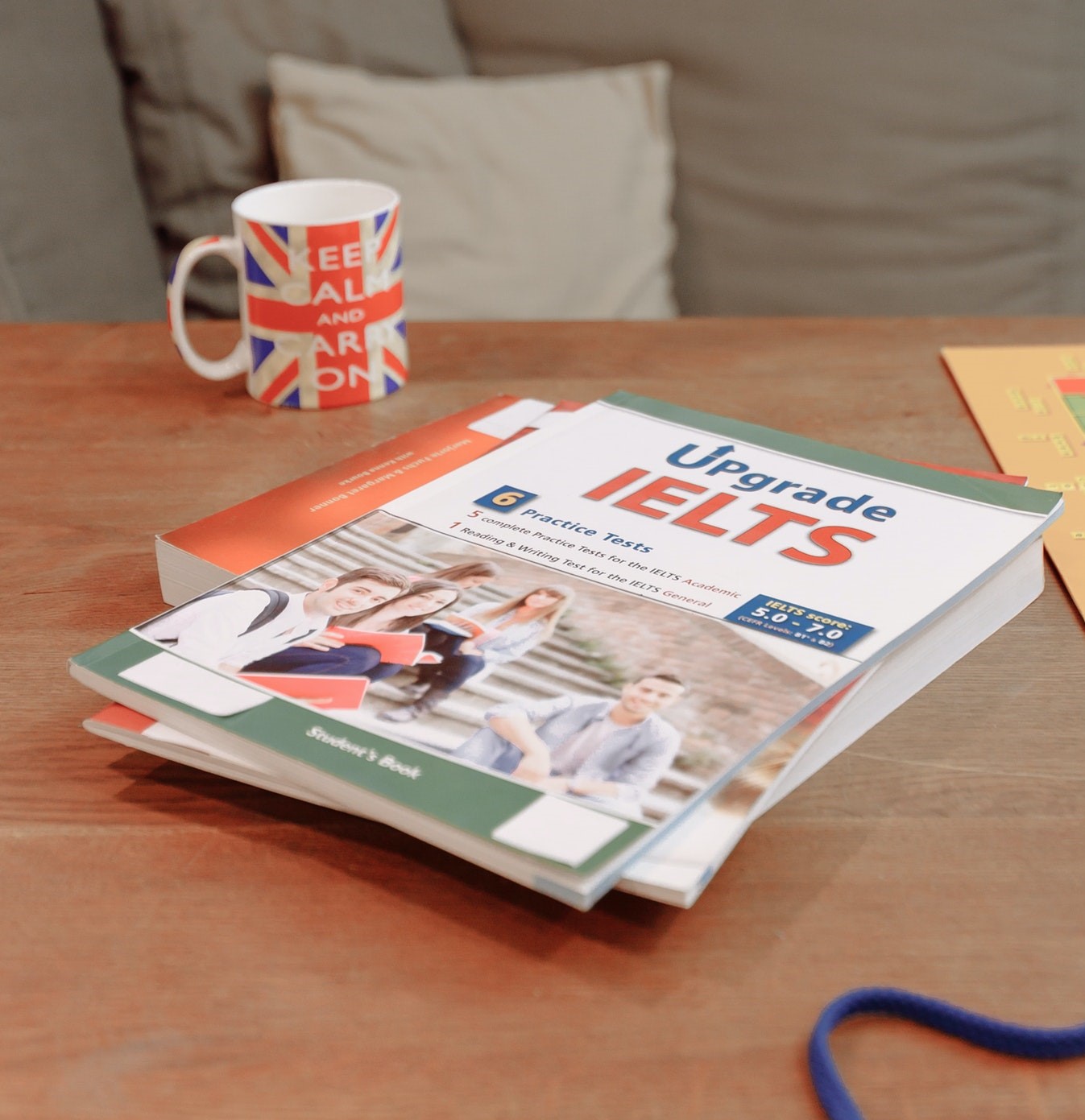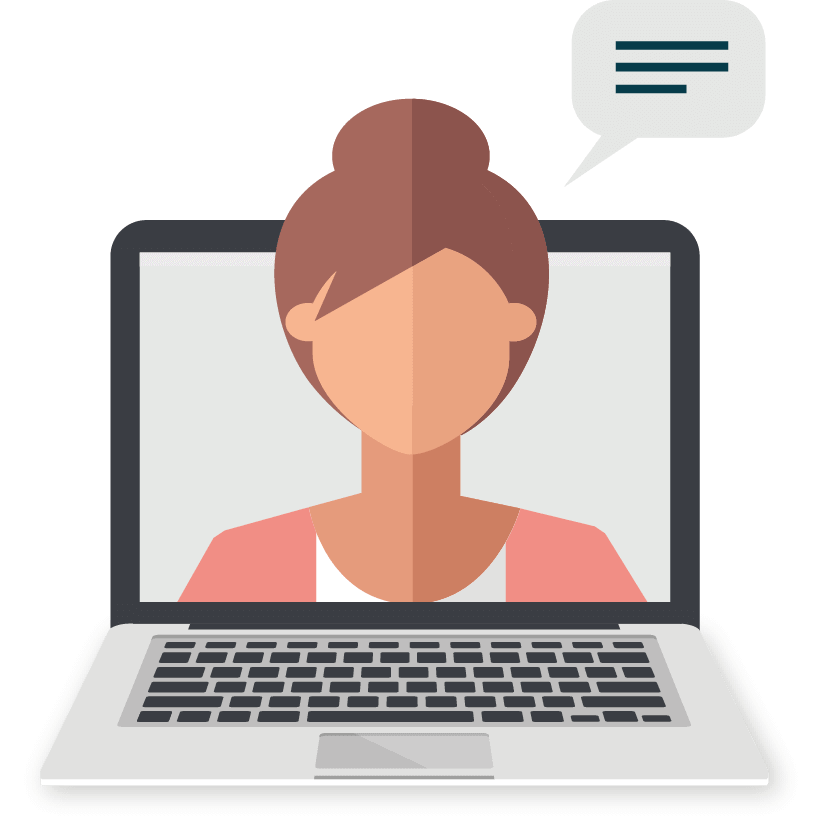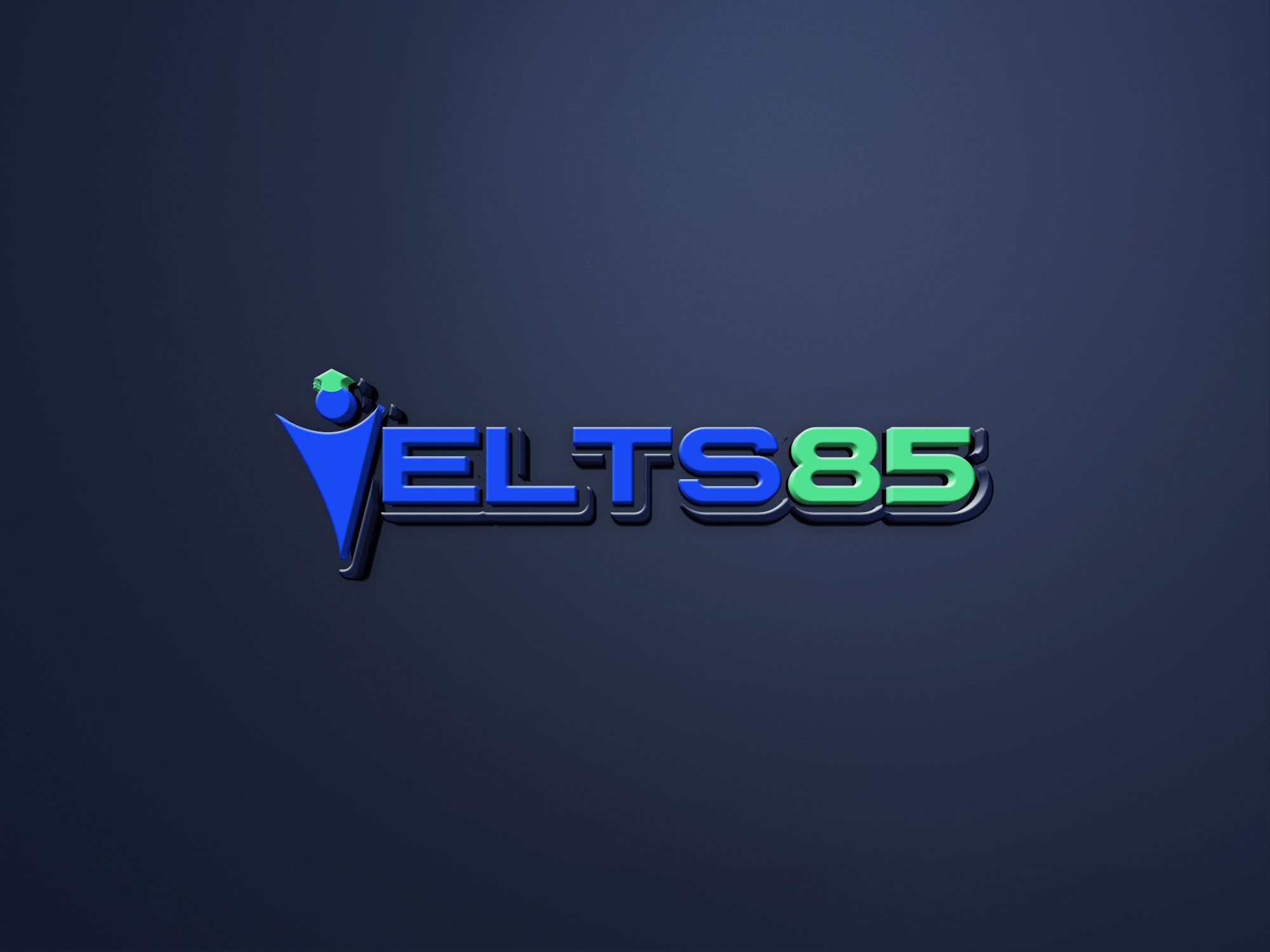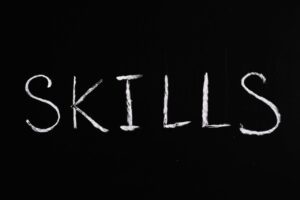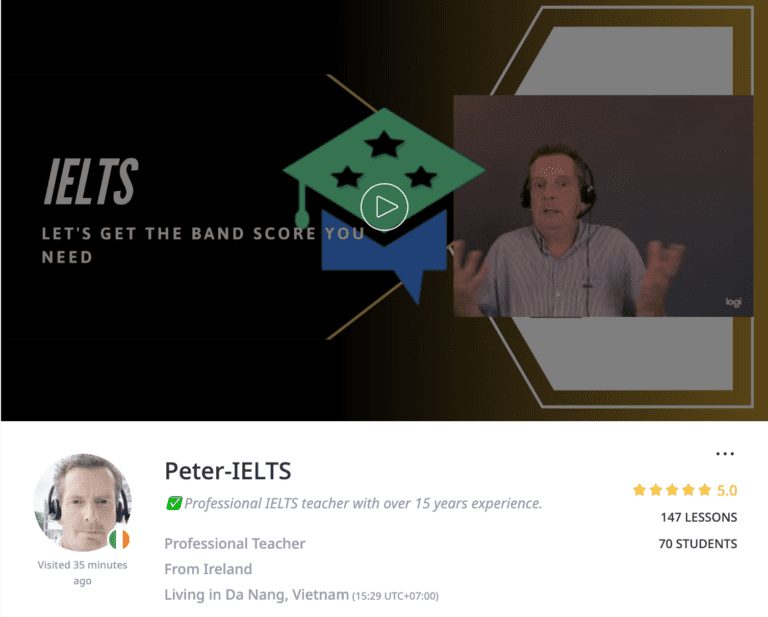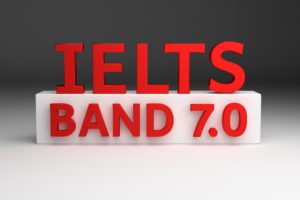Technology collocations for IELTS speaking
Collocations are an important part of language – they’re like building blocks that help us construct meaningful, natural-sounding sentences. But why are they so important in the IELTS speaking exam?
Well, firstly, they demonstrate that you have a strong command of the English language. The examiner wants to make sure you’re using language accurately and fluently, and collocations are one way to show that. Plus, using them shows that you know the nuances of the language and can express yourself effectively.
As well as that, collocations make your speaking sound more natural. Instead of using single words, you can put them together to make phrases that sound more like how native English speakers talk. This will make your speech sound more natural and help you get a better score.
Finally, collocations can help you boost your score in the vocabulary section of the IELTS speaking exam. The examiner will be looking for a wide range of vocabulary, and using collocations will help show them that you know and can use many different words.
Overall, collocations are an important part of the IELTS speaking exam and can help you get a better score. So it’s definitely worth taking the time to learn and practise them before the exam!
Technology collocations and phrases.
Cutting edge: To use the most advanced or modern technology available. Example: We are using the latest cutting edge technology to develop our product.
Artificial Intelligence / AI: Using computers to simulate human intelligence. Example: We are using artificial intelligence to automate certain tasks.
To download: is the process of transferring a file from one computer to another. For example, if you want to download a music file from a website, you can click on the download button, which will save the file to your computer.
Plug and play: To use technology that is ready to use without needing to be installed or configured. Example: This new device is so easy to set up, it’s basically plug and play.
Information overload: To be overwhelmed by the amount of information available online. Example: I’m getting information overload trying to research this topic.
Cutting-edge technology: the newest and best technology. Example: We need to invest in cutting-edge technology if we want to stay competitive.
 Streaming: is the process of delivering content such as audio, video, or other multimedia over the internet, in a continuous flow, rather than downloading the entire file before being able to view or listen to it. An example of streaming would be watching a movie on Netflix.
Streaming: is the process of delivering content such as audio, video, or other multimedia over the internet, in a continuous flow, rather than downloading the entire file before being able to view or listen to it. An example of streaming would be watching a movie on Netflix.
Cyber security: Protecting information from hackers. Example: We need to invest in cyber security to keep our data safe.
Click and go: To quickly access information online. Example: With just one click, you can get what you need and go.
Digital divide: The gap between those who have access to technology and those who don’t. Example: The digital divide is an important issue that needs to be addressed.
Data mining: Using software to search for patterns in large sets of data. Example: We used data mining to uncover insights from our customer data.
Tech savvy: To be knowledgeable about technologies. Example: I’m looking for someone who is tech savvy to help me with this project.
Big data: A large collection of data used to identify trends and patterns. Example: We need to use big data to analyze our customer data.
Cloud computing: Accessing and storing data online. Example: We are using cloud computing to store our customer data.
Automation: Using technology to automate processes. Example: We are using automation to streamline our workflow.
User-friendly: Easy to use. Example: We designed our website to be user-friendly, so everyone can use it.
Digital footprint: The online data and information left behind by someone’s online activity. Example: We need to be aware of our digital footprint to protect our privacy.
Data analytics: Using data to identify patterns and trends. Example: We are using data analytics to make better decisions.
High-speed: Fast. Example: We need a high-speed connection for our streaming service.
User experience: How a user interacts with a product or service. Example: We are focused on improving the user experience of our website.
 Mobile technology: Technology used on mobile devices such as smartphones and tablets. Example: We need to invest in mobile technology to stay competitive.
Mobile technology: Technology used on mobile devices such as smartphones and tablets. Example: We need to invest in mobile technology to stay competitive.
Machine learning: Using algorithms to identify patterns and make predictions. Example: We are using machine learning to optimize our processes.
Hacking: Unauthorized access to a computer or network. Example: We need to invest in cyber security to protect against hacking.
Wearable technology: Technology worn on the body such as smartwatches. Example: We are developing wearable technology to track fitness metrics.
Virtual reality: Technology that immerses users in a simulated environment. Example: We are using virtual reality to train our employees.
Voice recognition: Using technology to recognize and respond to voice commands. Example: We are using voice recognition to make our product easier to use.
Cyber crime: Illegal activities carried out using technology. Example: We need to invest in cyber security to protect against cyber crime.
More links for the IELTS speaking exam
Linking words for IELTS part 3 speaking success
IELTS speaking part 1 success-Direct questions
IELTS speaking exam tips and advice
